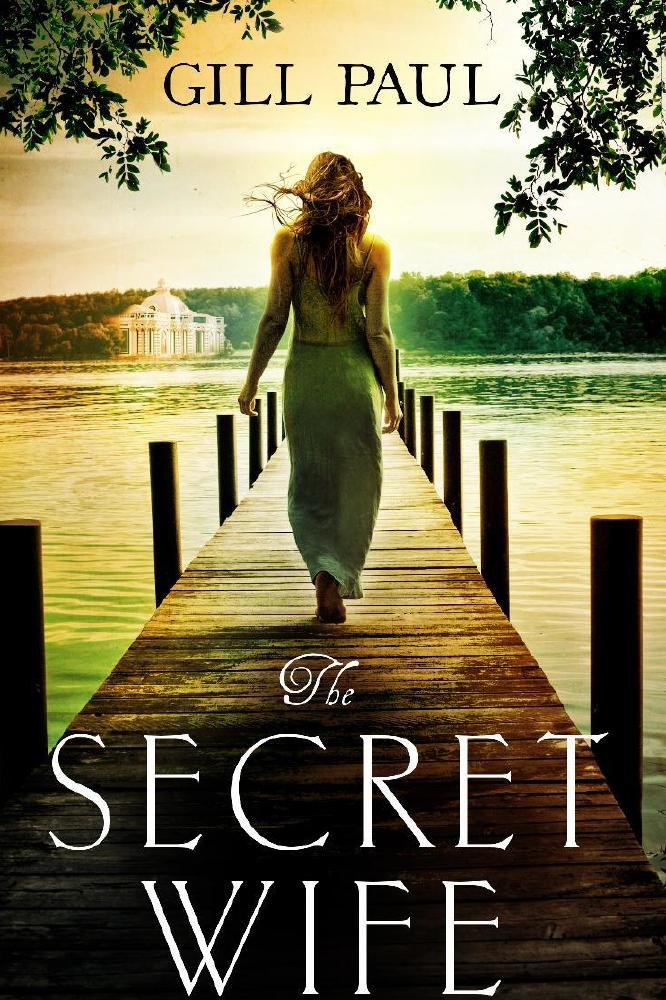- Choose a period that fascinates you then ask yourself whether others are likely to share your enthusiasm. Tudors and Stuarts are perennially popular, and First World War books are attracting loads of readers during these centenary years. I'm hoping that the hundredth anniversary of the Russian royal family's February 1917 arrest and July 1918 execution will spark fresh interest in their tragic story, which forms the core of my new novel, The Secret Wife.
- When I start researching a subject, I read a range of books by well-regarded historians to give me a broad overview, then I go back to primary sources: in the case of the Romanovs, this meant their letters, diaries, photographs and home movies. Anything you can get "from the horse's mouth" is invaluable for the novelist, bringing lots of fascinating detail and a tone of voice you can feed into your writing.
- Research trips are one of the perks of being a novelist. You get to visit lovely places, ask lots of nosey questions, and, what's more, it's tax deductible. When tramping round foreign parts, I take a notebook to jot down telling details: the droning of an unusual insect, the texture of the local bread, the atmosphere in a forest. I am the world's worst photographer (it's official) so rely more on notes than photos.
- I usually have a vague story in my head then let the intricacies of the plot emerge from the research. Sometimes you find a fact that is so incredible you are dying to include it but story is paramount. I've learned to avoid trying to shoehorn in things that don't fit; for example, I was shocked to read about the gruesome murders of Nicholas II's brother Mikhail and Alexandra's sister Ella, but none of my characters in The Secret Wife would have known what happened to them so I couldn't include them.
- While it's important to avoid loading down the narrative with so much historical fact that it reads like a textbook, a few telling details are good for creating a ring of authenticity. I love finding the brand of tooth powder that was used, or an original luncheon menu, or a card game that was played. I squirrel away nuggets like these.
- People in the past had different value systems to ours, affecting their attitudes to love and marriage, war and charity, work and family life. The Romanovs were passionate about the Russian Orthodox religion and that shaped their worldview, but they were also motivated by the same things that motivate us in 21st-century Britain. In Tatiana's diary, her girlish excitement about conversations with "sweetheart Malama" sounds like the gushing of any teenage girl with a crush and made me warm to her.
- Every historical novelist will take a different approach to the line between fact and fiction. I like to include real historical characters in my novels and I generally stick to the known biographical facts but will invent dialogue and scenes for them. In my quest for historical accuracy, I try to find at least one expert who will check the finished manuscript and tell me if there are any bloopers.
- Google is great for certain things: when choosing a character's name, you can Google the top twenty most popular names in the year and country of their birth; and you can Google the cost of living for any year and find useful information like how much a pint of beer cost.
- When I'm in the middle of writing a historical novel, I won't read any modern novels but I find it's very useful to read fiction written around the period I'm writing about. On GoodReads you can find lists of the 200 most popular books published in any given year.
- As with any other novel, plot and character come first. History is just the setting.

Gill Paul's novel The Secret Wife, about the tragic love affair between Tatiana Romanova and cavalry officer Dmitri Malama, is published by Avon.

Gill Paul

